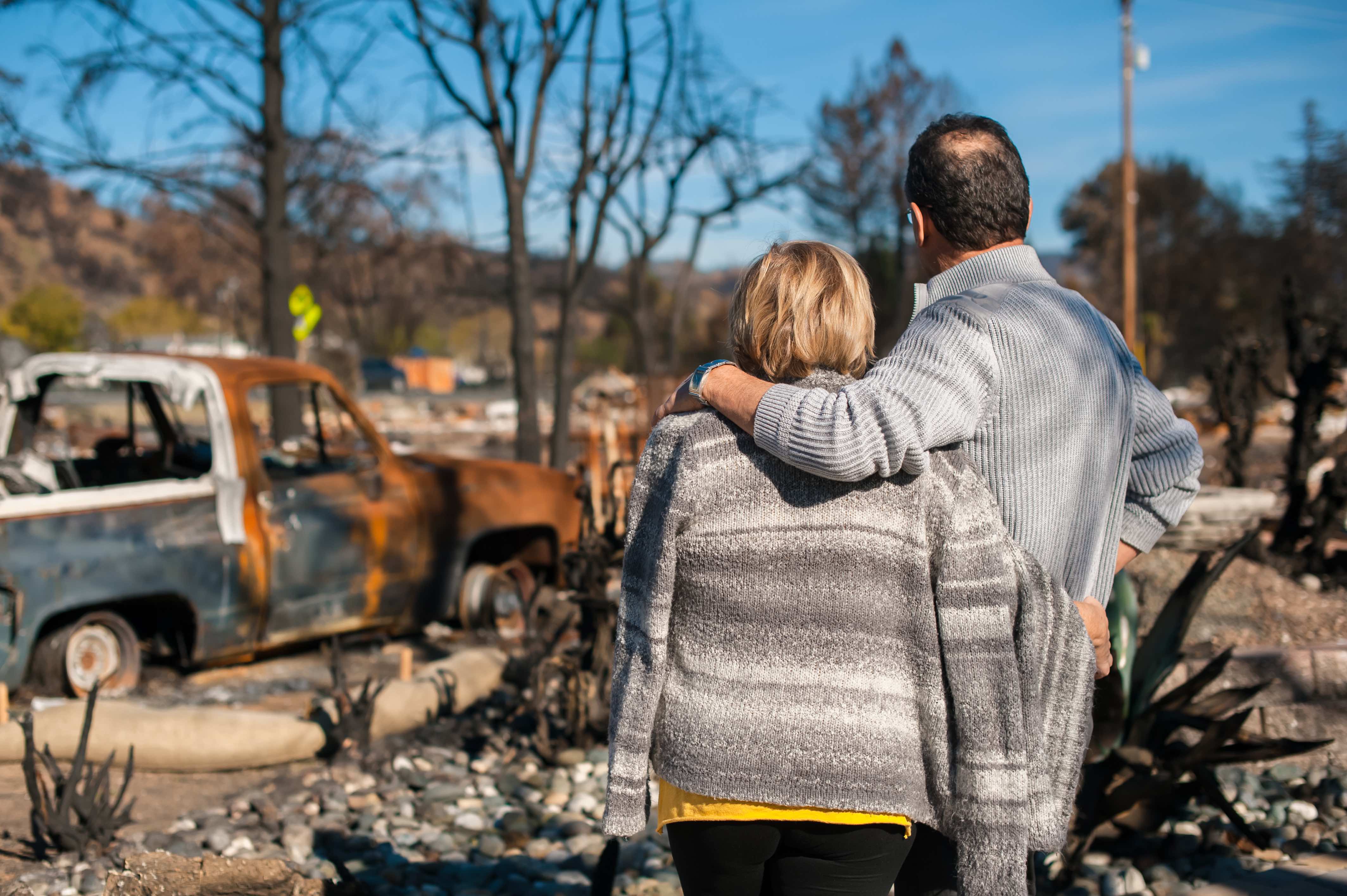Fundraising scams take advantage of bushfire tragedy
As the catastrophic bushfires continue to burn throughout the country, we’ve seen many examples of people at their best: the brave volunteers on the fire front, those tirelessly taking care of injured wildlife, individuals digging deep into their


